Content by SDSU Extension
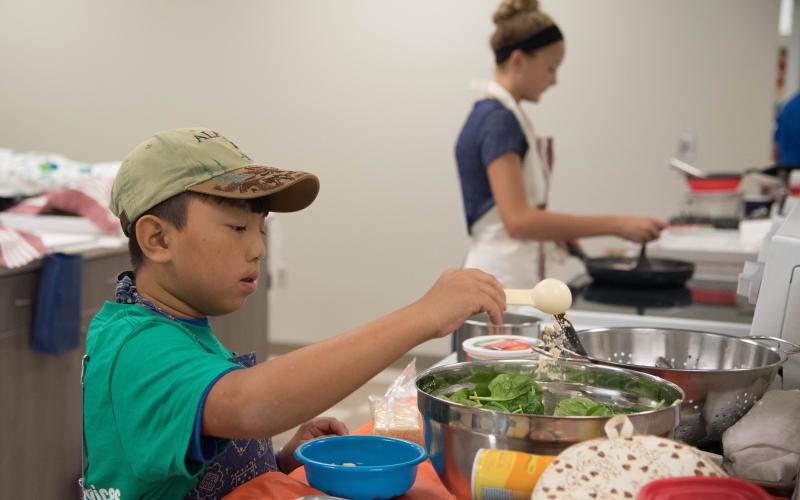
Educational Opportunities
At the state level, 4-H opportunities are generally broken into the three Cs: camps, competitions and conferences.
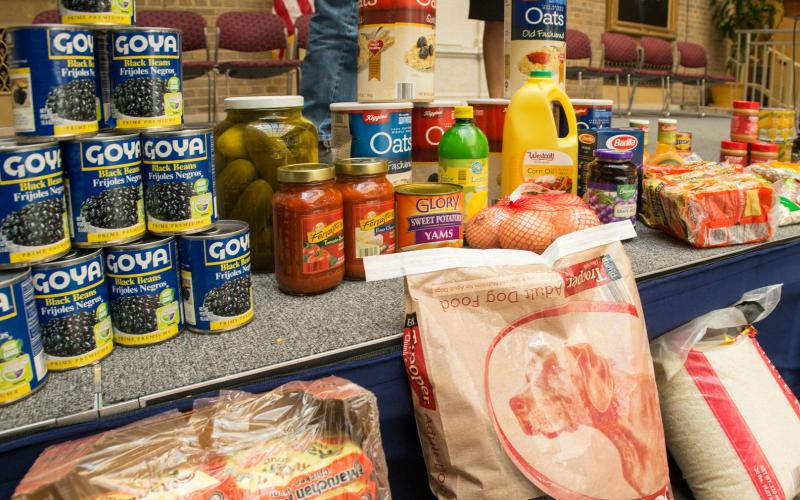
Buying in Bulk Can Be Healthy and Cost-Effective
Schools continue to provide food to children in a “grab-and-go” style due to COVID-19. Many schools are packing more than one meal for families to pick up. SDSU Extension has put together a chart of typical bulk purchased food items and how many servings can be expected in each serving.
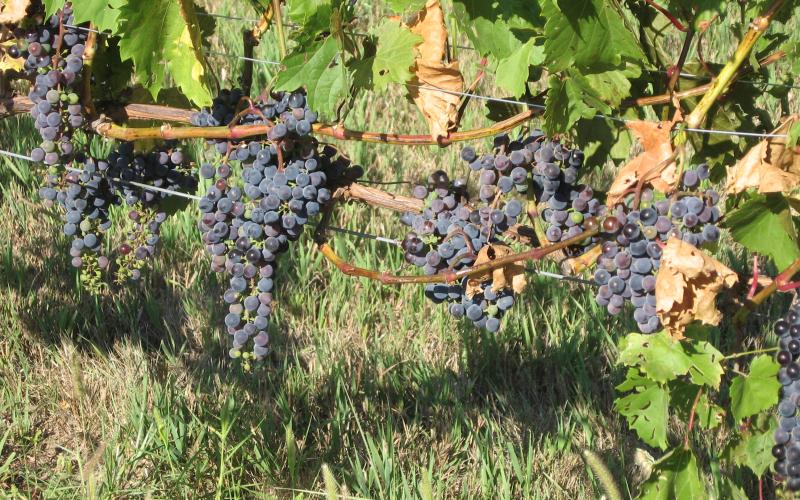
Grape Varieties for South Dakota
Updated list of grape varieties recommended for South Dakota.
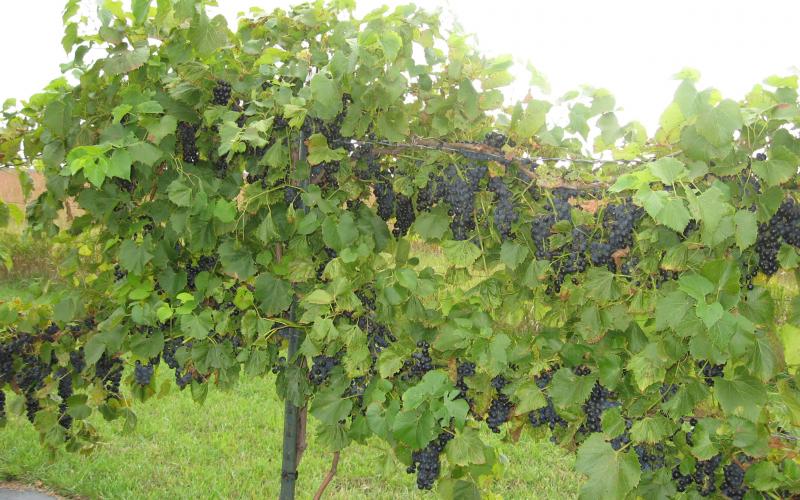
Vineyard Work Calendar
Monthly check list for vineyard work

SDSU Extension Continues Outreach Efforts During COVID-19 Pandemic
April 03, 2020
While offices throughout the state are closed, SDSU Extension experts remain available remotely and encourage the public to reach out to them via email or by phone.

Leading Through COVID-19 on the Farm and Ranch
Producers can be quick to adapt and utilize technology, but sometimes need a little nudge in other areas. COVID-19 sometimes feels like one of the areas that agriculture needs a nudge in.

Energize! Conference Rescheduled to October 7-8, 2020 in Milbank, SD
October 25, 2021
SDSU Extension is rescheduling the third annual Energize Conference to October 7-8, 2020 in order to comply with CDC guidelines and to protect the population from COVID-19.
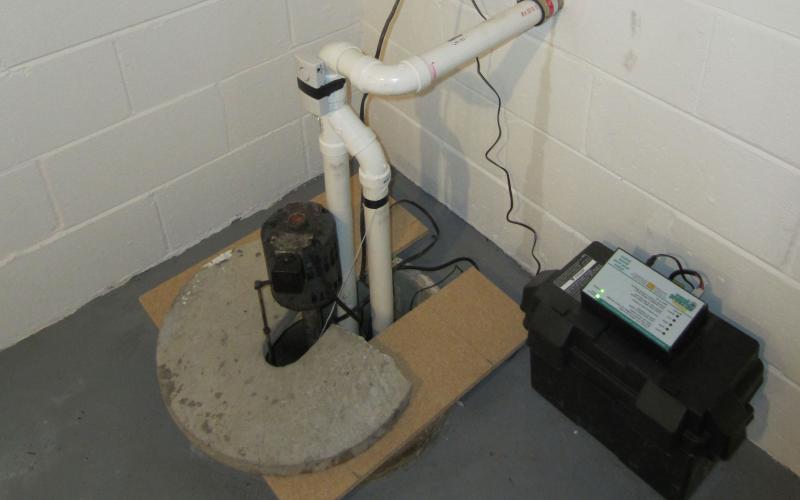
Flooding and Sump Pumps
For many homes with a basement or crawl space, a sump pump and drainage system can help reduce the risk of a basement flooding from high water table situations. Here are a few tips for making sure your sump pump is working as it should, and you are not causing problems for your neighbors downstream.
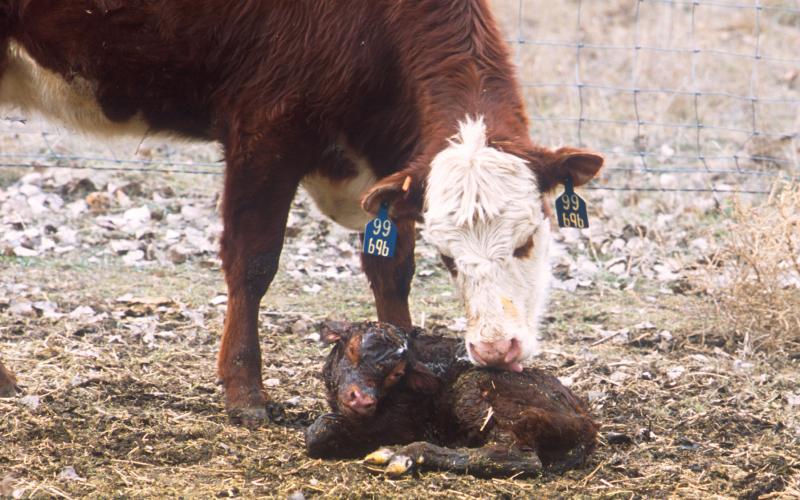
Beef Cow Nutrition During Calving and Early Lactation
Calving season has started or will be starting in the near future for most producers. Nutritional management of the cow herd is more important during the periods of late pregnancy and early lactation than any other.
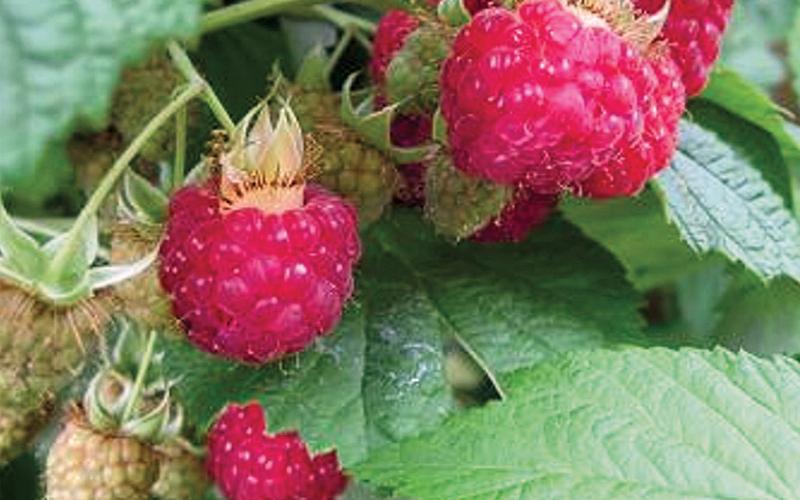
Growing Raspberries in South Dakota
Fact sheet describing how to grow raspberries in the home garden: selection, planting, and care.